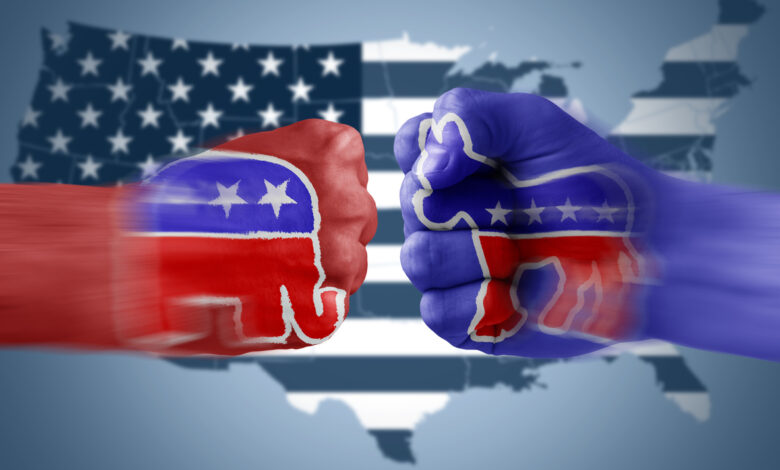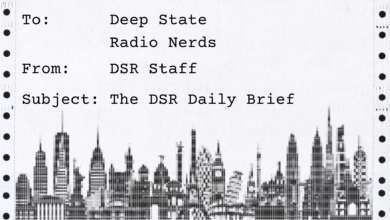Notes from the Third Subbasement: Sometimes, in DC, Universal Agreement is Also a Form of Dysfunction

Summer is hot. Winter is cold. Washington is dysfunctional.
It has become so obvious to be almost a tautology. I dare you, ask a group of friends what they think of when they first hear the word “dysfunction” and I bet the majority will say DC.
How do we know? Well, one way we cover how broken Washington is is by focusing on how hard it is to get politicians who are supposing to be serving the public interest to agree on anything. Toxic partisanship has made it impossible for even the obvious to be acknowledged by members of both political parties at the same time.
Take infrastructure. There are few things that are more basic to the needs of a nation or the role played by a nation state that the roads, highways, bridges, ports, power system, and information networks that knit it together. Further, objective observers have universally noted that ours has been neglected. We have failed to invest in our infrastructure for decades. Other countries have leapt ahead of us. (China spends a ten times greater share of GDP on roads and transport infrastructure than the US.)
Yet, the last two administrations have tried and failed to pass major infrastructure initiatives—despite clear benefits of such programs to supporters of both parties, to every state in the union. And this year, when President Biden made such a bill a priority, he could muster very limited support from the GOP for the program—only a minority Republicans in the Senate and a much, much smaller percentage of them from the House. We call it the bi-partisan infrastructure package but that refers more to the high levels of approval for the program among the public than it does to anything like equivalent support from both parties in DC.
Did I mention it was dysfunctional? Infrastructure is Mom and apple pie and an investment that creates jobs and growth. And it is the only…the only…program in this area in which this kind of support is possible.
Well…not quite. While what Democrats and Republicans disagree about (science, truth, history…to choose three examples) is a big part of what makes the US government a mess, there is one area in which the degree of bipartisan support is even more indicative of a problem. That is degree to which both parties support America’s bloated, misguided, unnecessary defense budgets.
While faux-inflation hawks screech about the potential inflationary effects of Biden’s legislation that actually invests in the US economy and its people, they are silent as both parties support seven trillion dollars over the next decade on defense. When Dems suggested spending a comparatively minor sum on expanding Medicare benefits for the neediest, they were pilloried for being profligate. When anyone questions the levels of spending in a material way—as has, for example, Senator Bernie Sanders—they are denounced as extremists.
But U.S. defense spending is by any metric out of control. Many of the expensive programs it supports from massive costly manned aircraft programs to new carrier battlegroups to maintaining multiple expeditionary forces and multiple air forces (tied to the several services) are no longer justifiable. We spend four times what China does on defense—even as we have already invested many times more than them for years and years.
Still, both sides dare not challenge this budget. Both sides have active groups playing up the China threat to replace the GWOT as a reason for spending in the future. Both sides are dancing to the tune of military-industrial complex that President Eisenhower condemned and warned about…sixty years ago.
Want to fight inflation? Cut the defense budget? Want to have more money to invest in our people? Cut the defense budget? Want to combat climate change? Cut the defense budget? Want to have a powerful, world-leading national defense—you can still cut the defense budget.
And yet it is virtually political suicide to make these points in public for politicians of either party. Questioning defense spending is tantamount to spitting on the flag. And yet, common sense and thoughtful analysis both would say redirecting what we spend on defense into investments in our people, our economy, our environment, our resource base and savings would make America stronger than pumping even more cash into capabilities we don’t need.
This is a form of Washington dysfunction that predated even the current era of political polarization. And just because other forms of dysfunction that breed intractable conflict are egregious (and threaten the very existence of our democracy), so too is this one area in which the parties irrationally and to the detriment of the country continue to agree with one another.

